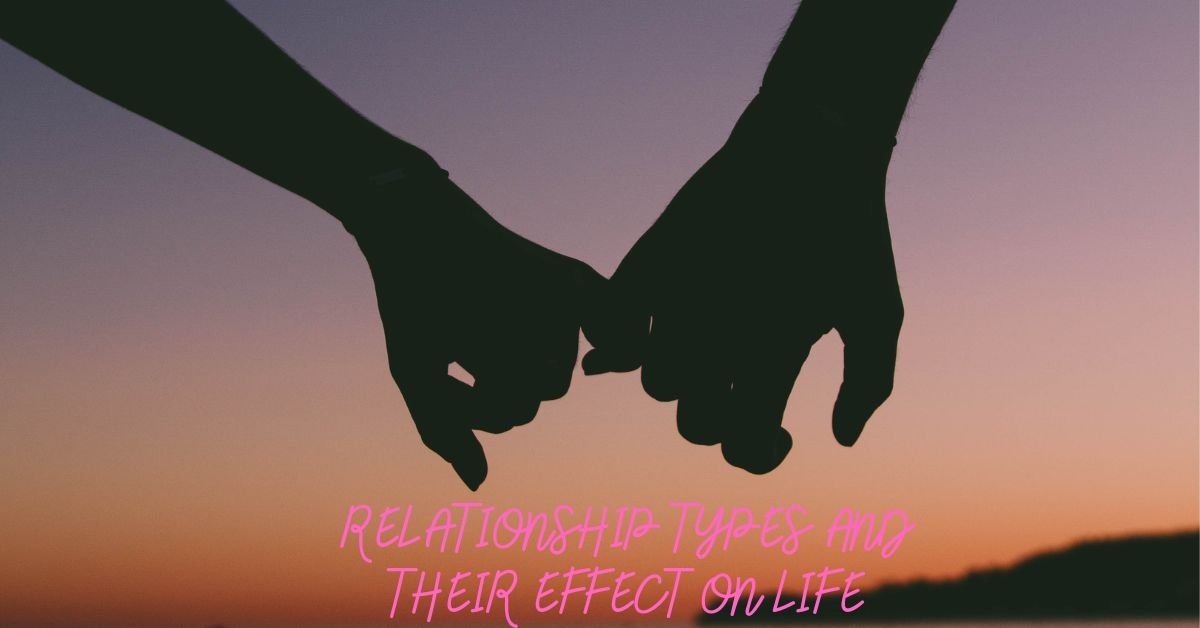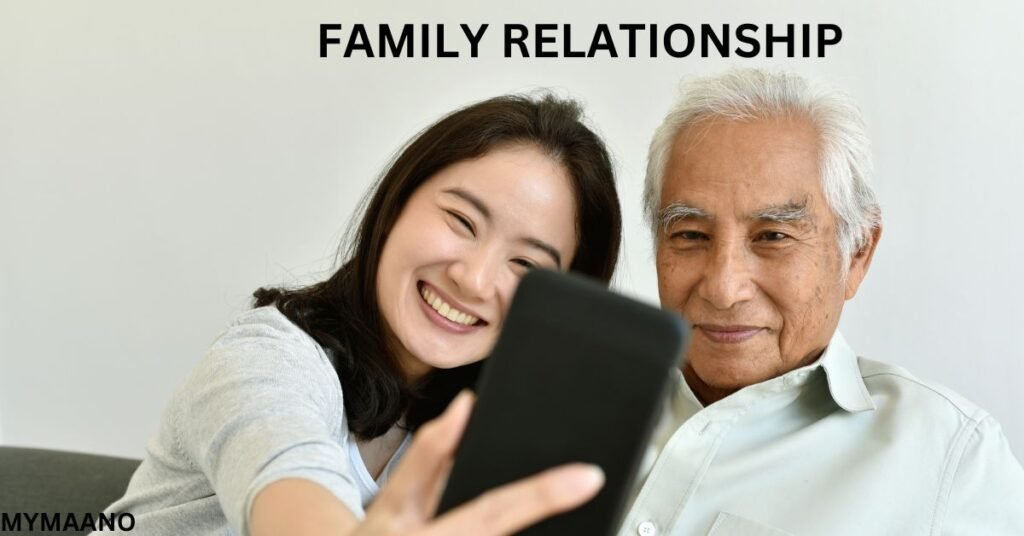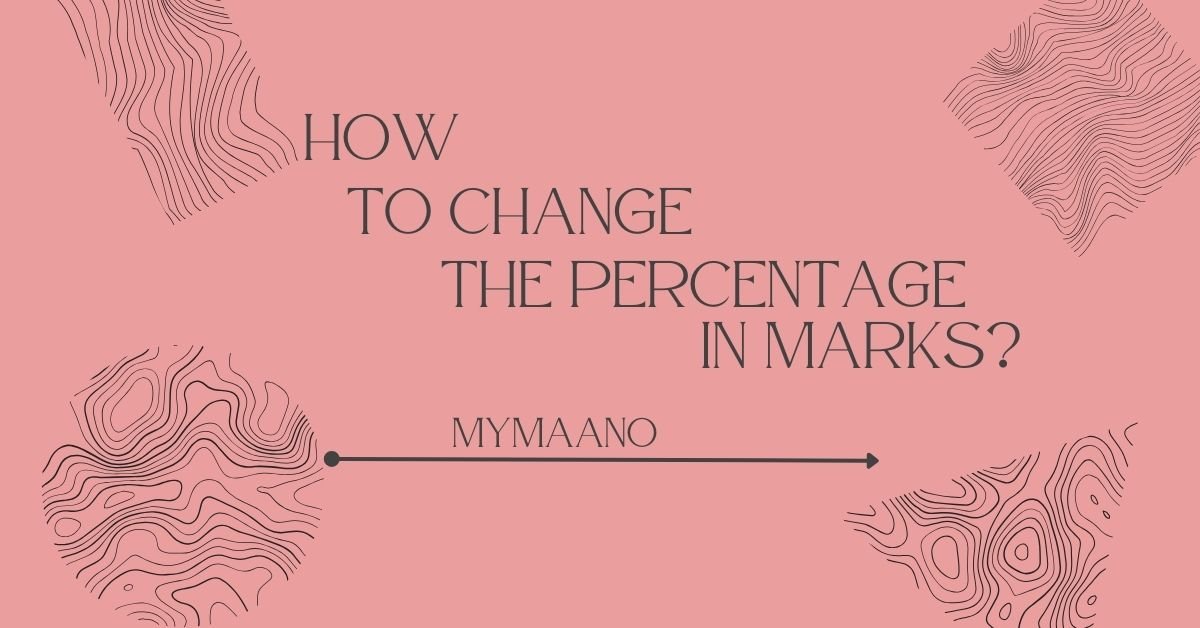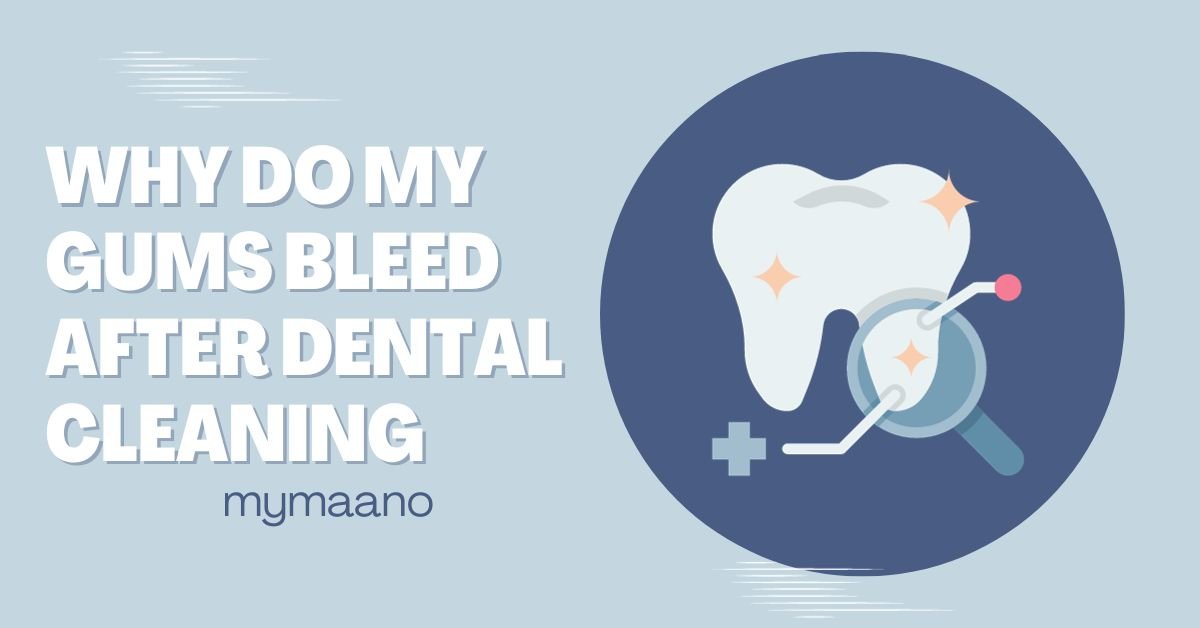RELATIONSHIP TYPES AND THEIR EFFECT ON LIFE
Relationships are: The types of relationships we engage in impact our happiness and development. This article delves into various

Relationships are:
- An integral part of the human experience.
- Shaping our emotional well-being.
- Personal growth.
- Overall quality of life.
The types of relationships we engage in impact our happiness and development. This article delves into various relationship types and examines how they can influence and enhance our lives.
1. Family Relationships:

RELATIONSHIP TYPES AND THEIR EFFECT ON LIFE
Family relationships are the foundation of our social structure. These connections, which include parents, siblings, and extended family, contribute significantly to our sense of belonging, security, and identity. Positive family relationships can provide unwavering emotional support and love, nurturing a strong foundation for personal growth.
2. Romantic Relationships:

Romantic relationships offer companionship, intimacy, and partnership. They have the power to enhance life satisfaction and emotional well-being. Healthy romantic relationships can foster personal growth, boost self-esteem, and provide a sense of fulfillment.
3. Friendships:

RELATIONSHIP TYPES AND THEIR EFFECT ON LIFE
Friendships are vital for our mental and emotional health. Friends offer companionship, emotional support, and a sense of belonging. Quality friendships can reduce stress, enhance happiness, and provide valuable life experiences.
4. Professional Relationships:

Professional relationships, including those with colleagues and mentors, are essential for career development and success. These connections offer learning, skill development, and networking opportunities, which can positively impact one’s professional life.
5. Social Relationships:

Social relationships with acquaintances, neighbors, and community members provide a broader sense of community and belonging. This Social relationship can enhance one’s social network, offer support, and create a sense of belonging.
6. Mentorship and Teacher-Student Relationships:

Mentorship and teacher-student relationships are valuable for personal and professional growth. Mentors and teachers provide guidance, knowledge, and expertise, helping individuals reach their full potential.
7. Online and Virtual Relationships:
In the digital age, online relationships play a significant role. These connections may include friendships, romantic relationships, or professional collaborations, often built through social media or online communities.
The Effects of Positive Relationships on Life:
A. Emotional Well-being:
Positive relationships contribute to emotional well-being by offering emotional support, understanding, and a sense of belonging. They can alleviate stress, anxiety, and depression.
B. Personal Growth:
Healthy relationships encourage personal growth by providing self-reflection, empathy, and personal development opportunities. They challenge us to become better versions of ourselves.
C. Enhanced Quality of Life:
Strong relationships can improve one’s overall quality of life. They offer companionship, joy, and a support system during challenging times.
D. Improved Mental Health:
Positive relationships are linked to improved mental health. They can enhance self-esteem, resilience, and a sense of purpose.
E. Career Advancement:
Professional relationships play a vital role in career advancement. Networking, mentorship, and collaboration can lead to opportunities for growth and success.
F. Social Support:
All relationship types provide social support, a critical factor in coping with life’s challenges. Social support can be a buffer against stress and adversity.
The Effects of Negative Relationships on Life:
A. Emotional Distress:
Negative relationships can lead to emotional distress, including sadness, anger, or frustration. They may contribute to stress and mental health issues.
B. Stagnation:
Toxic relationships can hinder personal growth, making individuals feel stuck or unable to progress.
C. Decreased Quality of Life:
Unhealthy relationships can reduce one’s quality of life by causing emotional turmoil, unhappiness, and instability.
D. Mental Health Issues:
Negative relationships are linked to mental health problems, including anxiety, depression, and low self-esteem.
E. Career Challenges:
Difficult professional relationships can impede career advancement and satisfaction.
F. Lack of Social Support:
Inadequate or damaging relationships may leave individuals without a proper support system, making it challenging to navigate life’s challenges.
REFERENCES
READ ABOUT 10 MAIN REASONS WHY MEN PLAY MIND GAMES

















